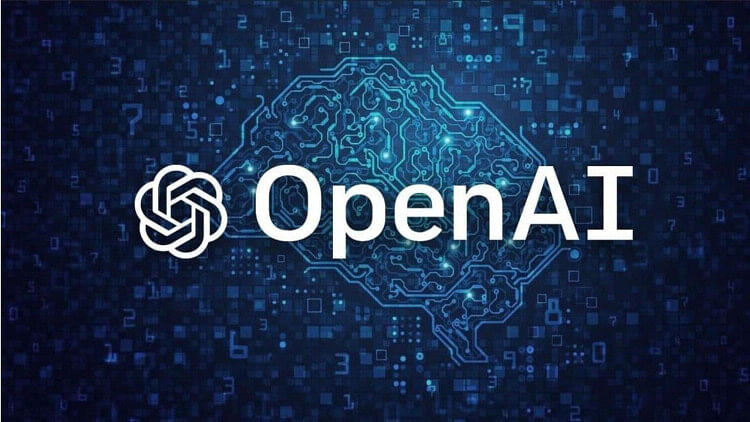OpenAI
– Photo: Social Media
American newspaper New York Times has filed a lawsuit on Wednesday against OpenAI, the company making Artificial Intelligence (AI) model ChatGPT, and its 49 percent shareholder Microsoft. It is alleged that they developed their AI chatbot models by using millions of newspaper news and articles for free. It is believed that thousands of crores of rupees can be claimed for this.
For the first time in America, a major newspaper has filed this copyright lawsuit against OpenAI in the federal court in Manhattan. The newspaper said that it creates content for readers by investing heavily but OpenAI and Microsoft are making profits by using it for free. Besides, readers are also being driven away from the newspaper. The 172-year-old newspaper New York Times has also reported that ongoing negotiations to not prosecute and reach a mutually beneficial agreement with the defense have failed.
Both of them gave these arguments in defense
-
- OpenAI and Microsoft had claimed that they were following a fair legal policy to train their AI products with copyrighted material. Under this, copyrighted material can also be used without license.
-
- On the latest lawsuit, OpenAI said that it respects the creators of the content and its owners. In this matter also, good talks were going on with the New York Times. This lawsuit is shocking and disappointing. Microsoft has not responded.
OpenAI has become an 8,000 crore dollar company
AI companies constantly scour online content for training AI chatbot models. Due to this, they are continuously growing and are also getting investments worth thousands of crores of dollars. The market value of OpenAI has also exceeded $ 8,000 crore.
Company changing product to avoid copyright
Professor of Business Law and Ethics at Georgia Technological University. Devan Desai said that the biggest problem in fixing OpenAI’s responsibility for copyright is that it makes changes in its product. Especially after a copyright dispute arises, this is why the court can say that there is no comprehensive financial liability against him.
